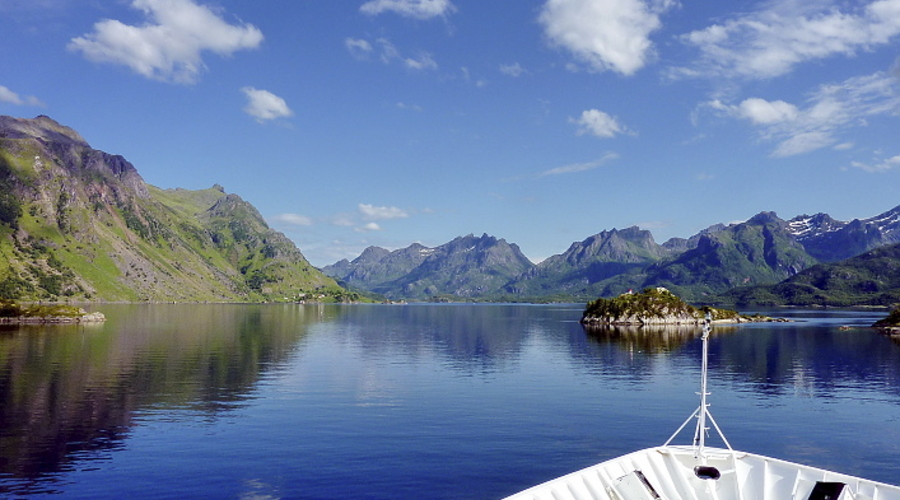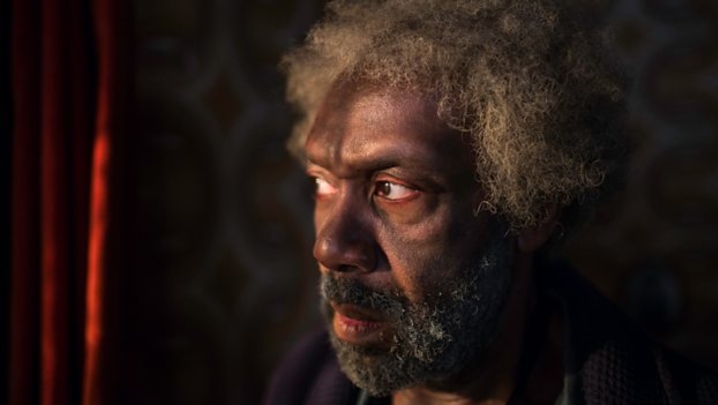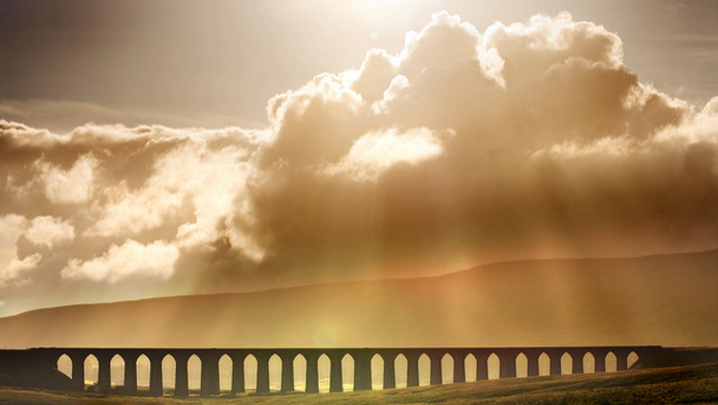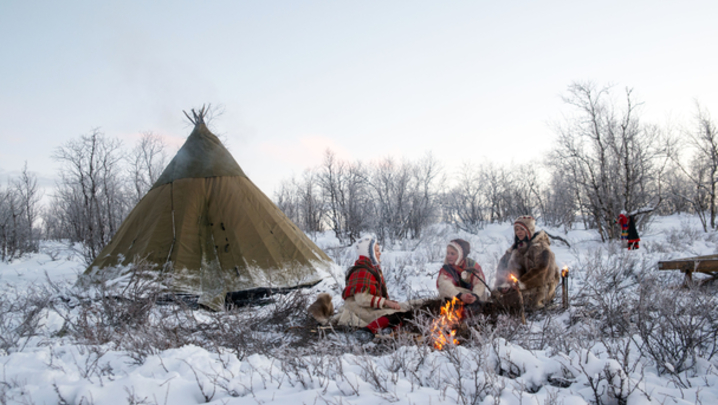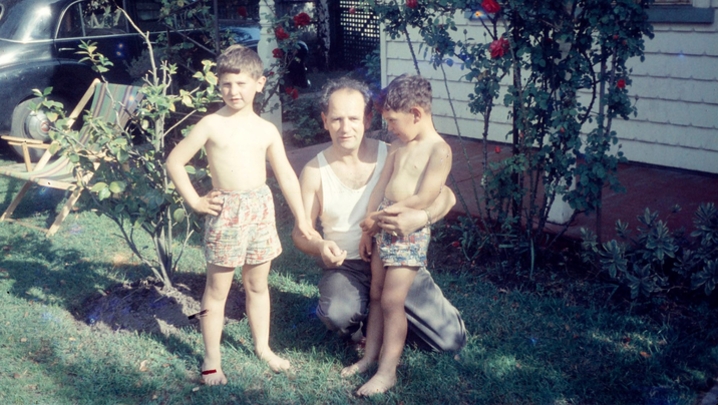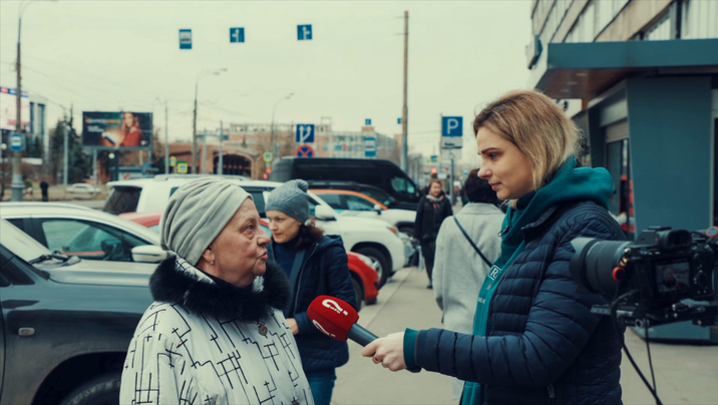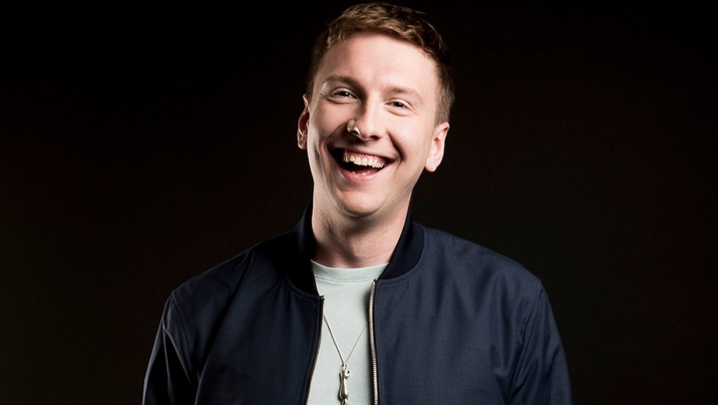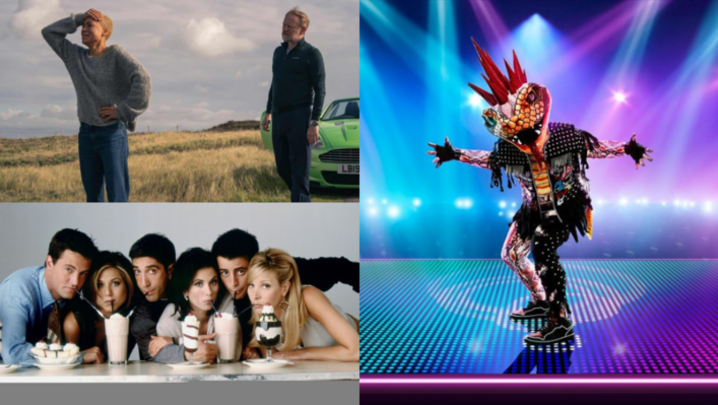BBC Four has commissioned a week of unedited, real-time slow TV programming
A gentle journey along the canal, the careful crafting of a wooden chair, and a behind the scenes look at the National Gallery will take centre stage on BBC Four as the channel embraces slow television.
BBC Four Goes Slow will feature a week of programming following activities or journeys in real-time, without editing or narration, in contrast to the frenetic pace of most regular programming.
The season was inspired by a similar project in Norway, as well as films such as Andy Warhol's Empire and the legendary potter's wheel interlude shown on the BBC in 1950s.
Norway's fourth-largest channel, NRK2, began transmitting slow television in 2009 and has so far featured all-night knitting, train journeys and salmon fishing.
Cassian Harrison, Channel Editor of BBC Four, who commissioned BBC Four Goes Slow, says that he was keen to see what happens to television when it becomes less mediated.
"Everything that we produce tends to be very highly editorialised, so I was quite interested in what happens when we produce content that's much more direct, much simpler and much less embellished."
Three programmes have so far been commissioned for the channel's slow season. The Canal will be a two hour, real-time journey along a British waterway, taking in the sights and sounds of the countryside at a leisurely pace.
The show takes inspiration from NRK2's epic Hurtigruten Minute by Minute, showing the ferry journey from Bergen to Kirkenes, which, at 134 hours long, holds the Guinness World Record for the longest live TV documentary broadcast.
For those with less time to spare, Make is a three-part series focusing on traditional British crafts. The 30 minute programmes will follow the creation of a simple object, such as a steel knife or wooden chair.
"I think they are very compelling, very simple and very straight forward," says Harrison, "and yet have a very strong narrative to them as well, in a way that you wouldn't expect."
Frederick Wiseman's documentary The National Gallery is, at 180 minutes, the longest piece that Harrison has commissioned, and will offer viewers an insight into the busy gallery, from the working life of the gallery's executives, to the awestruck faces of its visitors.
"One of the challenges that I have is that I only have a given amount of airtime," says Harrison, who laughs at the idea of CBBC commissioners agreeing to a 14 hour live broadcast of a canal boat journey.
With the slow week pencilled in for June, Harrison says reaction is already proving positive.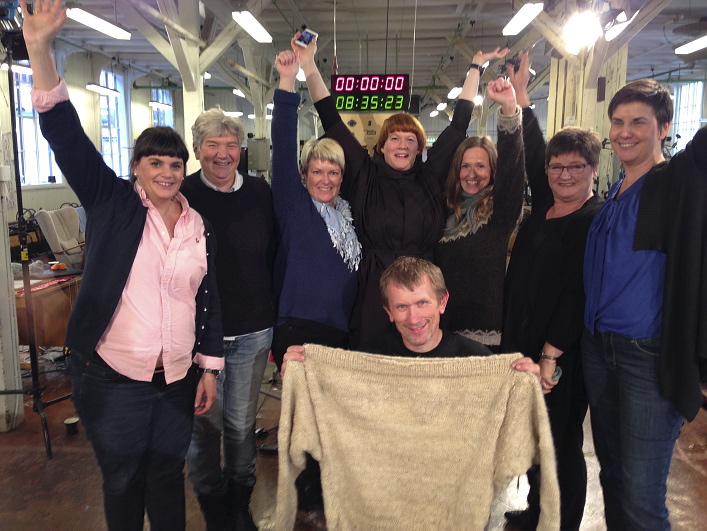 NRK's NAtional Knitting Night was a surprise success with 1 million Norwegians tuning in (Credit: NRK)
NRK's NAtional Knitting Night was a surprise success with 1 million Norwegians tuning in (Credit: NRK)
"The idea that there are different ways of telling stories on television and that there are different approaches is something that really seems to have grabbed people's fancy, and people's imaginations."
Harrison is uncertain whether the channel will commission further content for the week, as the BBC archive is rich in potential programming, but he is open to ideas.
"We're looking to see what we can do around ambient music for our Friday night music night programming... I'm really curious about what other thoughts people might have."
While Harrison insists that ratings are not a huge concern for the channel, he is quietly hoping BBC Four Goes Slow will mirror Norway's success, where its sakte-tv has reached over three million people.
"One of the privileges of BBC Four is that we're not driven entirely by ratings. I think, and hope, that they'll do quite well. Kim [Shillinglaw, Controller of BBC Two and BBC Four] has muttered to me that she's afraid it's going to beat BBC Two. I don't think that's going to happen. I hope that they'll do well."
Slow television is the antithesis of short-form programming, which has grown exponentially as viewers flock to online content.
For Harrison, it's less about pace, and more about storytelling: "you can approach television and the experience of watching television in more ways perhaps in more ways than we ordinarily think... It's very much in BBC Four's remit to explore the boundaries of that."
By Pippa Shawley

